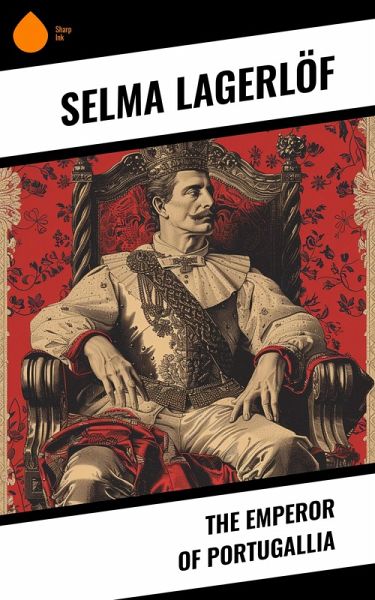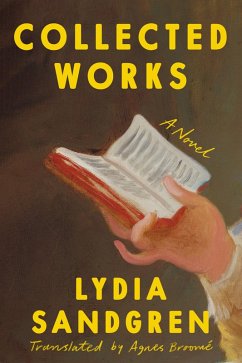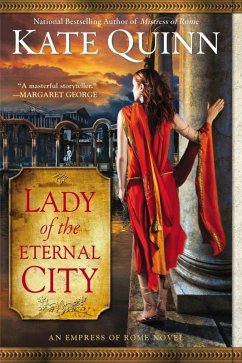
The Emperor of Portugallia (eBook, ePUB)
Versandkostenfrei!
Sofort per Download lieferbar
2,99 €
inkl. MwSt.
Weitere Ausgaben:

PAYBACK Punkte
1 °P sammeln!
In "The Emperor of Portugallia," Selma Lagerlöf weaves a poignant tale that explores the deep bonds of love and the complexities of human emotion. Written in a lyrical style imbued with the rich symbolism of Swedish folklore, the novel narrates the story of a peasant, Jan, whose life is irrevocably changed by the perceived loss of his daughter, Klara Gulla. Through an exploration of fantasy and reality, Lagerlöf crafts a narrative that challenges the boundaries of sanity and societal expectations, while delving into themes of love, loss, and the power of imagination. This work, published in ...
In "The Emperor of Portugallia," Selma Lagerlöf weaves a poignant tale that explores the deep bonds of love and the complexities of human emotion. Written in a lyrical style imbued with the rich symbolism of Swedish folklore, the novel narrates the story of a peasant, Jan, whose life is irrevocably changed by the perceived loss of his daughter, Klara Gulla. Through an exploration of fantasy and reality, Lagerlöf crafts a narrative that challenges the boundaries of sanity and societal expectations, while delving into themes of love, loss, and the power of imagination. This work, published in 1914, stands out in the landscape of early 20th-century literature for its blend of realism with fairy-tale elements, rooted deeply in a regional context that resonates with universal concerns. Selma Lagerlöf, the first woman to win the Nobel Prize in Literature, drew inspiration from her own experiences and the cultural narratives of her native Sweden. Her passionate connection to her homeland's folklore and her commitment to portraying the intricacies of human emotion are palpable in this novel. Lagerlöf's unique perspective and her exploration of gender, class, and identity highlight her role as a pioneering literary figure who sought to give voice to the marginalized in society. Readers of "The Emperor of Portugallia" will find themselves enchanted by Lagerlöf's exquisite prose and unflinching emotional depth. This novel not only offers a timeless exploration of parental love and sacrifice but also invites readers to reflect on the nature of reality versus idealism. It is a compelling read for those interested in Swedish literature, folklore, or anyone yearning for a richly woven tale of the human condition.
Dieser Download kann aus rechtlichen Gründen nur mit Rechnungsadresse in A, B, BG, CY, CZ, D, DK, EW, FIN, F, GR, HR, H, IRL, I, LT, L, LR, M, NL, PL, P, R, S, SLO, SK ausgeliefert werden.














